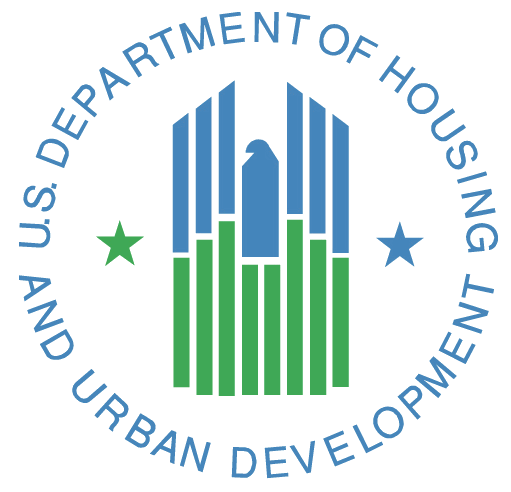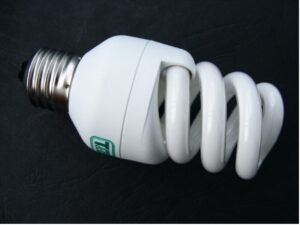HUD-Certified Counseling Services offered by Debt Reduction Services for Homeownership Maintenance and Asset Building include support and direction for:
-
Budgeting for Homeownership
-
Home Maintenance and Repair
-
Energy Efficiency and Cost-Saving Measures
-
Refinancing and Loan Modification
-
Homeowner Insurance and Risk Management

Schedule a HUD Counseling Session

Use the form below to schedule your HUD Counseling Session Today. You’ll be redirected to the required forms.
By clicking “Submit” I consent to receive calls and email message offers/information from Debt Reduction Services, Inc. using an autodialer/pre-recorded message at the number I provided. I understand that msg/data rates may apply and that my consent to such communications is not a requirement for purchase. If you would like to stop receiving text messages from DRS, simply reply to a received text with the word STOP. This site is protected by reCAPTCHA and the Google Privacy Policy and Terms of Service apply.
Call Now to Speak with a Certified HUD Counselor
Budgeting for Homeownership
Owning a home comes with financial responsibilities, and creating a budget is key to managing those expenses. A budget helps you understand and plan for housing-related costs like your mortgage payment, property taxes, insurance, and maintenance. By tracking these expenses and setting spending limits, you can ensure that you have enough money for other essential needs. Budgeting also allows you to save for future goals and unexpected repairs. With the guidance of a HUD-approved housing counselor, you can learn effective budgeting strategies that will help you manage your finances and ensure a stable homeownership experience.
Home Maintenance and Repair
Taking care of your home is crucial for preserving its value and preventing costly repairs down the line. Regular home maintenance tasks like cleaning gutters, inspecting the roof, and maintaining heating and cooling systems are essential. By staying on top of these tasks and addressing any issues promptly, you can avoid more significant problems and expenses down the road.
Budgeting for home repairs and emergencies is also important as unexpected issues can arise. Proper home maintenance not only protects your investment but also ensures a safe and comfortable living environment for you and your family.
To calculate how much you should be setting aside each month for future repairs, simply divide the likely replacement or repair cost by the number of months between now and the system’s expected end-of-life or expiration date. If your air conditioning unit will cost $6,000 to replace, it is now 10 years old, and its life expectancy is 15 years, here is the calculation to perform:
15 years life expectancy – 10 years old = 5 years or 60 months till likely replacement
$6,000 replacement cost ÷ 60 months = $100 to save each month
Perform this same calculation for each system in your home, including:
- Furnace
- Water Heater
- Roof
- Each major appliance
- Furniture
- Beds
- Carpet
Energy Efficiency and Cost-Saving Measures

Building Home Equity and Asset Building
As a homeowner, building home equity is a key aspect of building wealth. Home equity is the difference between the value of your home and the amount you owe on your mortgage. By consistently making mortgage payments and taking steps to increase your home’s value, such as renovations or improvements, you can grow your equity over time.
Building home equity can offer financial stability, provide opportunities for future borrowing, and contribute to your overall net worth. With guidance from HUD-approved housing counselors, you can explore strategies to maximize your home equity and leverage your homeownership as an asset for long-term financial growth.
Refinancing and Loan Modification
Refinancing your mortgage or exploring loan modification options may help you improve your cash flow and overall financial situation. Refinancing involves replacing your current mortgage with a new one to potentially secure a lower interest rate or adjust your loan terms. This can result in reduced monthly payments or savings over the life of the loan.
Loan modification programs may be available if you’re facing financial hardship and struggling to make your mortgage payments. These programs can help negotiate new terms with your lender, making your payments more affordable. It’s important to consider the potential benefits and implications of refinancing or loan modification, and a HUD-approved housing counselor can guide you through the process, ensuring you make informed decisions that align with your financial goals.
Homeowner Insurance and Risk Management
Protecting your home and investment with homeowner insurance is crucial. Homeowner insurance provides coverage in case of unexpected events like fire, theft, or natural disasters.
Understanding the different types of homeowner insurance policies available and their coverage is important to ensure you have appropriate protection for your specific needs. Additionally, assessing potential risks related to your home, such as flood- or wildfire-prone areas, and exploring options for additional coverage can provide you with peace of mind.
By managing risks and having the right insurance coverage, you can protect your investment and feel more secure in your homeownership journey.







